
There are no central Research Ethics Panel (REP) meetings held during August, so if you’re hoping to start data collection activities over the summer and are in the process of completing your research ethics checklist, please keep this in mind when planning your research activities. Submit your checklist in time for the final REP meetings to be held in July. Checklists received during August which need to be reviewed by a full Panel will be deferred until September (dates to be advised).
REPs review all staff projects and postgraduate research projects which have been identified as high risk through the online ethics checklist. Details on what constitutes high risk can be found on the research governance, research ethics & integrity website.
There are two central REPs:
- Science, Technology & Health (final meeting date for 2023/24 is 24 July 2024, with deadline for submissions – 16 July 2024)
- Social Sciences & Humanities (final meeting date for 2023/24 is 10 July 2024. Deadline for submissions – closed)
Staff and PGR ‘high risk’ projects will be reviewed by one of the central REPs and Researchers (including PGR Supervisors) will normally be invited to Panel for discussions.
Staff Projects which are ‘low risk’
Reviews for low risk projects will continue as normal during August (via email), although turnaround may take longer than normal due to Reviewer availability during this month.
PGR Projects which are ‘low risk’
There are no changes to the review process for low risk PGR projects and reviews will continues as normal throughout August, again subject to the availability of Supervisor and assigned Ethics Champions.
More details about the review process and REP meeting dates can be found on the governance, research ethics & integrity website. Email enquiries should be sent to researchethics@bournemouth.ac.uk.
 British Academy has launched their Global Professorships
British Academy has launched their Global Professorships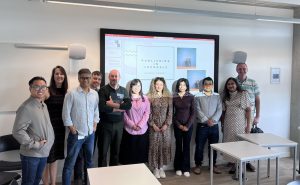
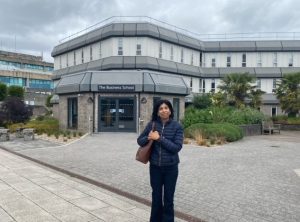
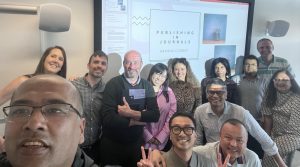 and well attended by staff and PGRs.
and well attended by staff and PGRs.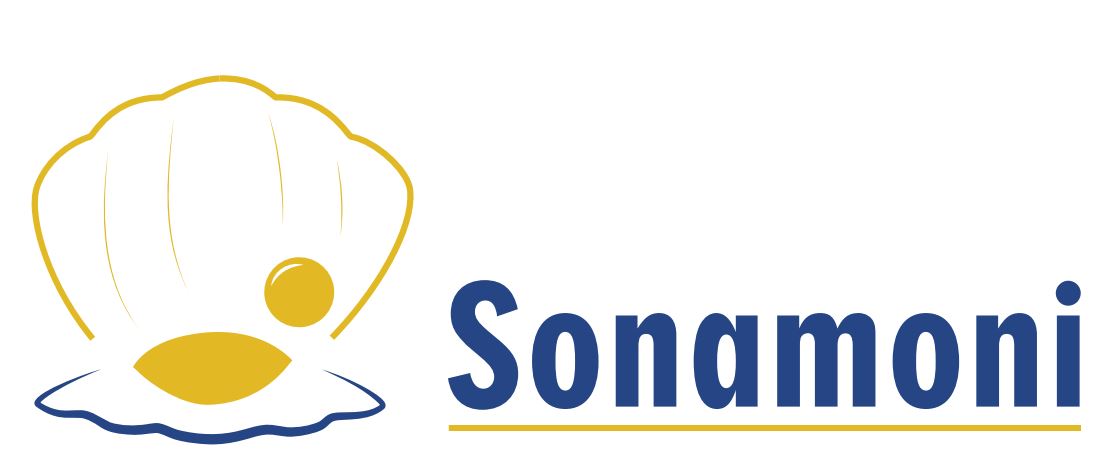

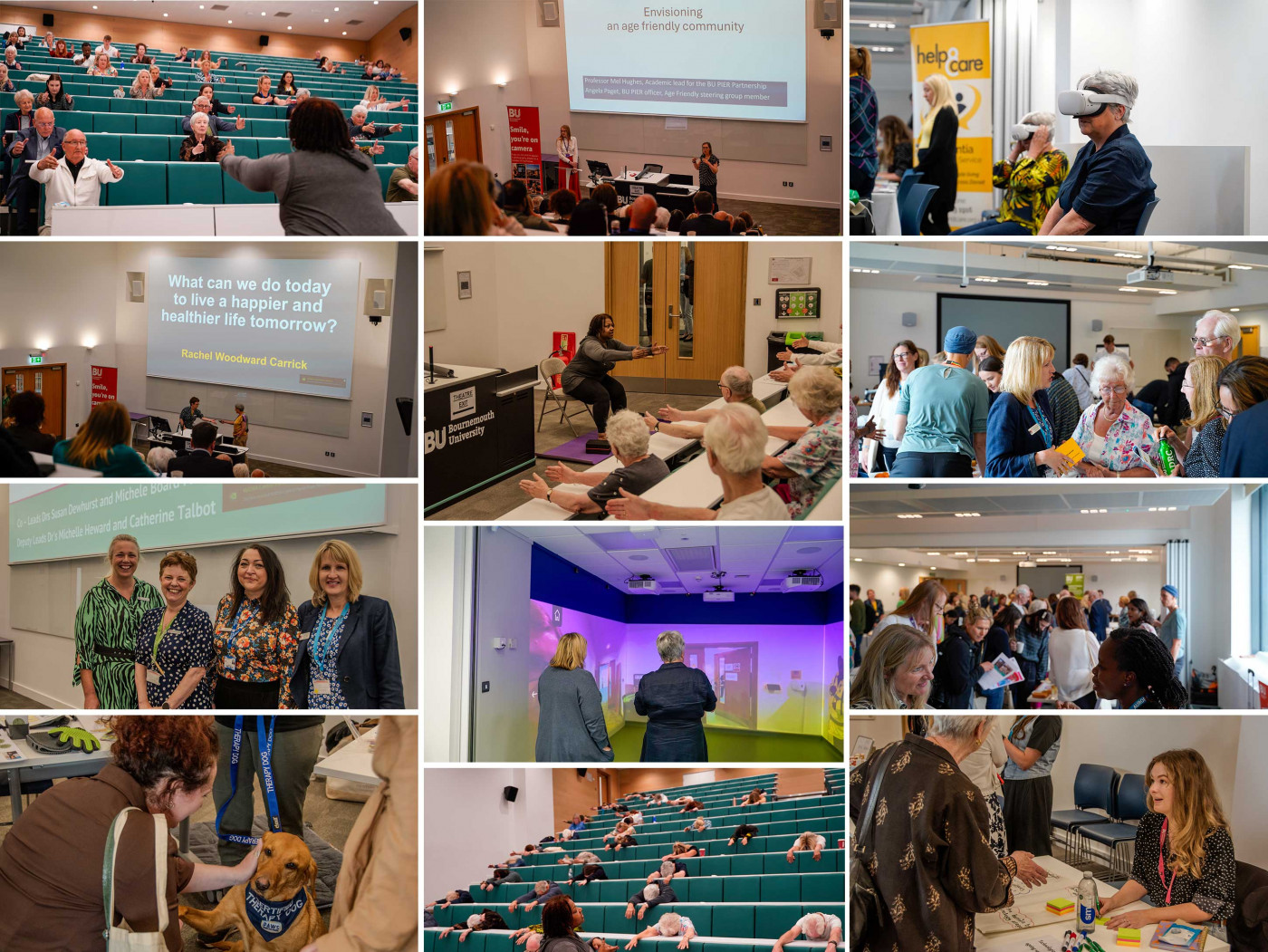

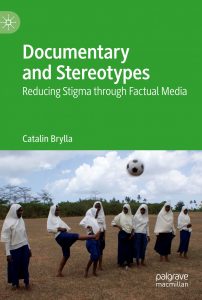 Documentary and Stereotypes: Reducing Stigma through Factual Media (
Documentary and Stereotypes: Reducing Stigma through Factual Media (

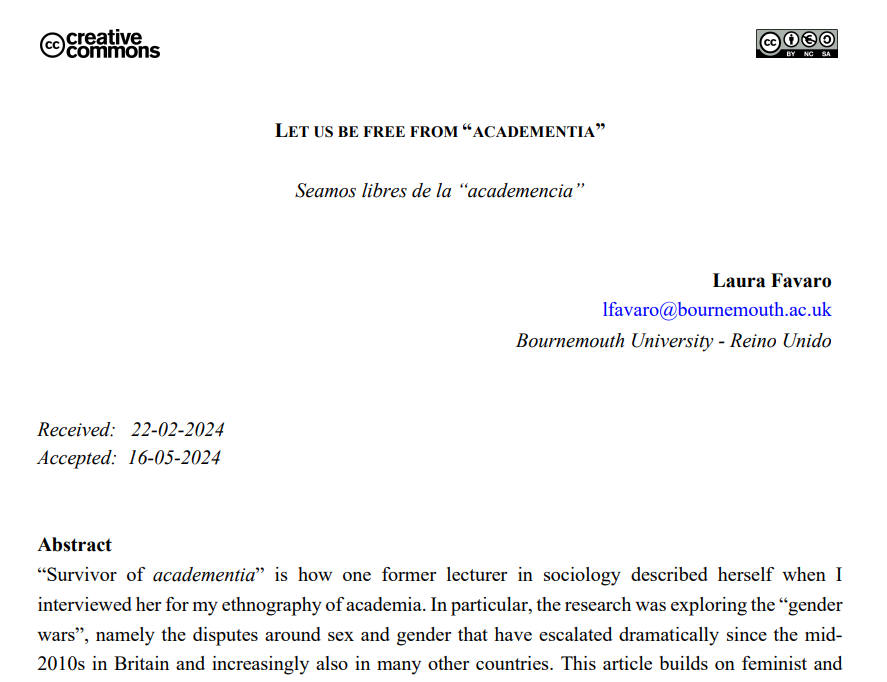







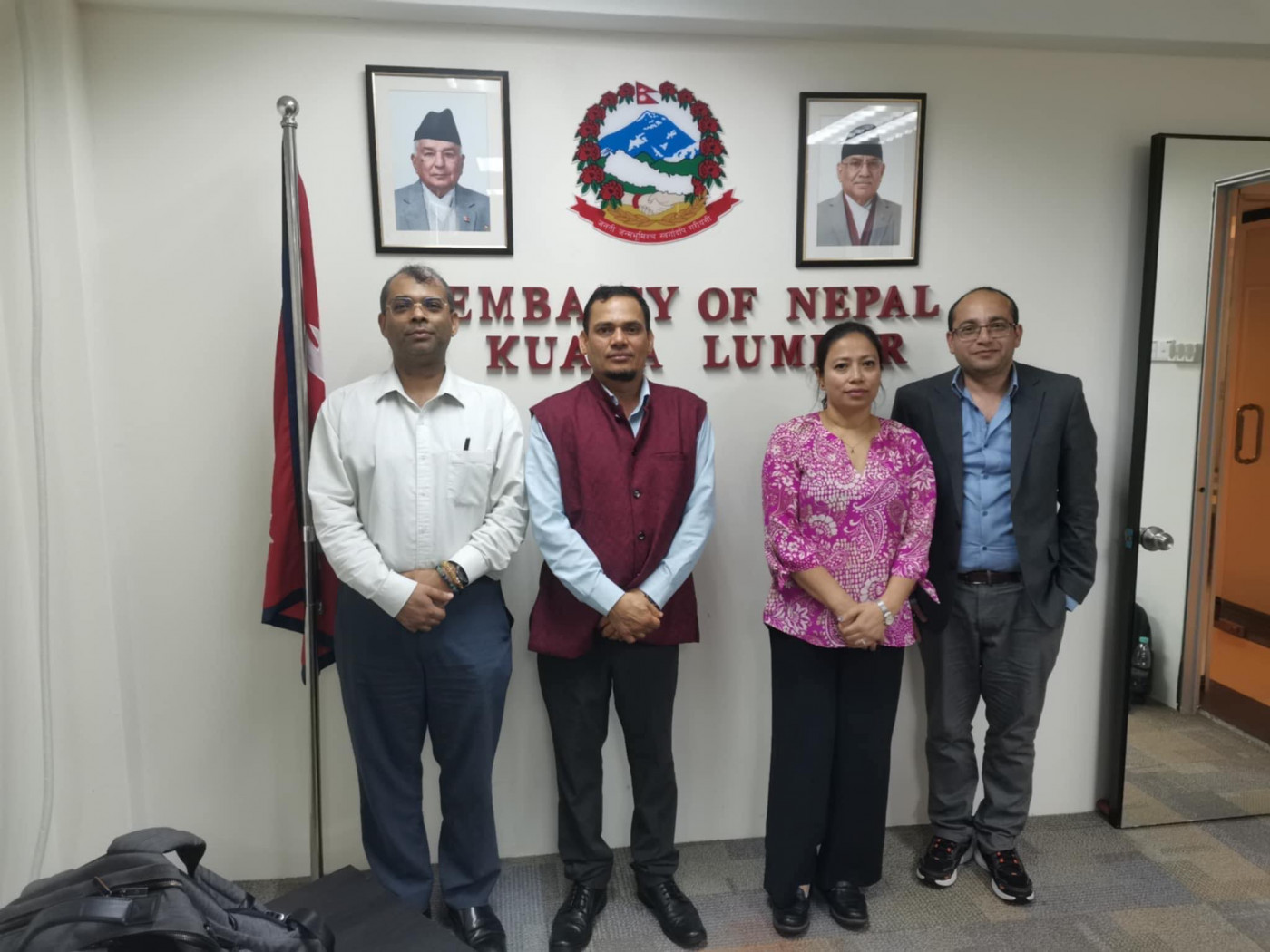
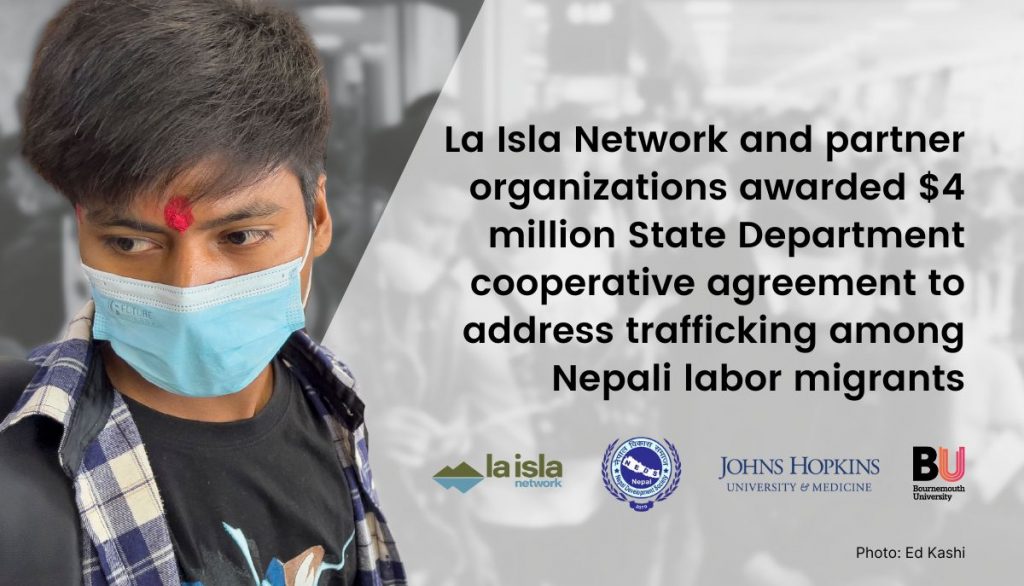
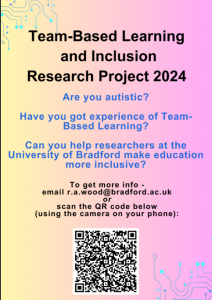
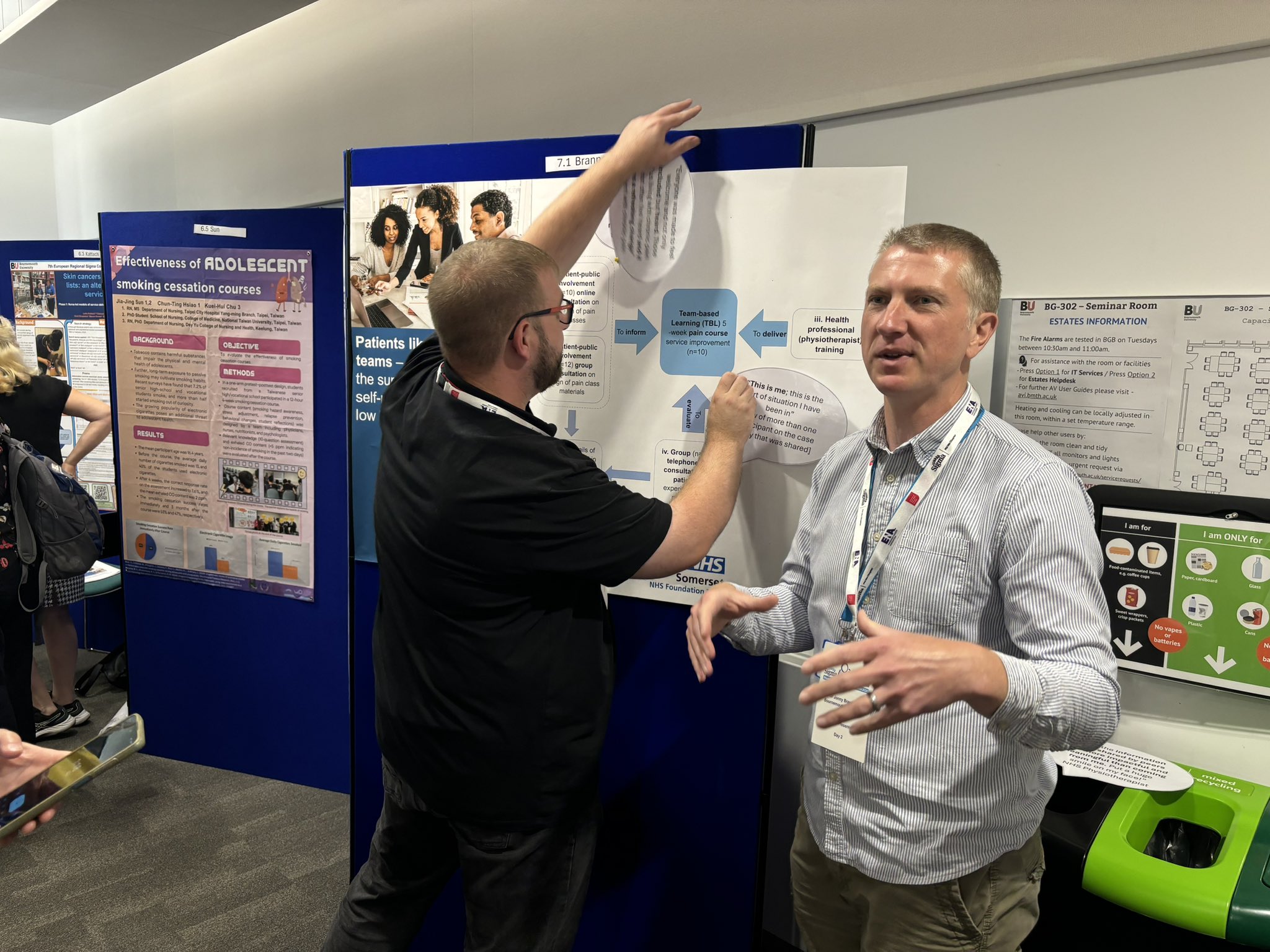
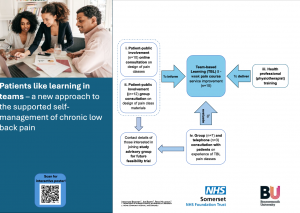
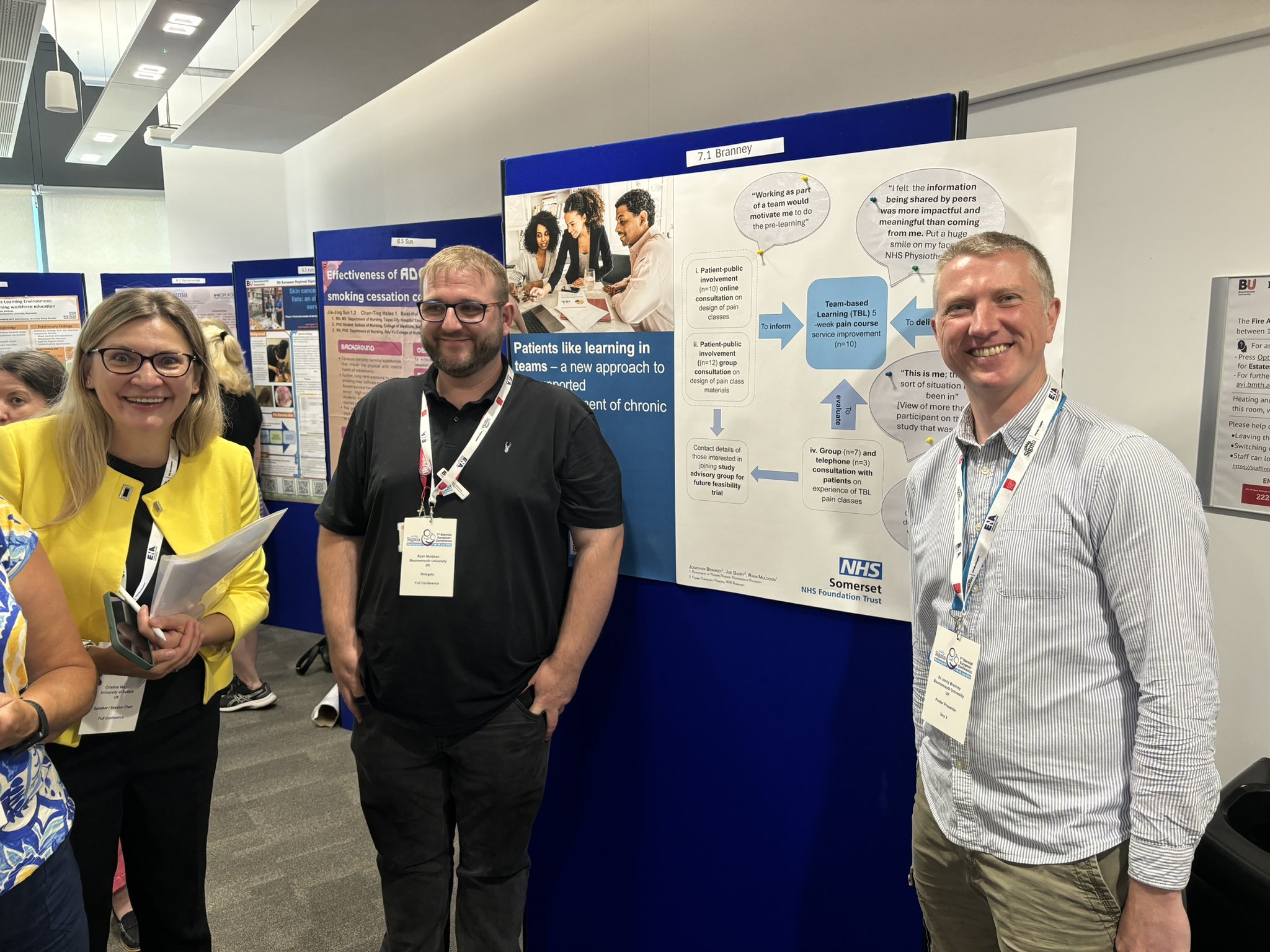











 From Sustainable Research to Sustainable Research Lives: Reflections from the SPROUT Network Event
From Sustainable Research to Sustainable Research Lives: Reflections from the SPROUT Network Event REF Code of Practice consultation is open!
REF Code of Practice consultation is open! BU Leads AI-Driven Work Package in EU Horizon SUSHEAS Project
BU Leads AI-Driven Work Package in EU Horizon SUSHEAS Project Evidence Synthesis Centre open at Kathmandu University
Evidence Synthesis Centre open at Kathmandu University ECR Funding Open Call: Research Culture & Community Grant – Apply now
ECR Funding Open Call: Research Culture & Community Grant – Apply now ECR Funding Open Call: Research Culture & Community Grant – Application Deadline Friday 12 December
ECR Funding Open Call: Research Culture & Community Grant – Application Deadline Friday 12 December MSCA Postdoctoral Fellowships 2025 Call
MSCA Postdoctoral Fellowships 2025 Call ERC Advanced Grant 2025 Webinar
ERC Advanced Grant 2025 Webinar Update on UKRO services
Update on UKRO services European research project exploring use of ‘virtual twins’ to better manage metabolic associated fatty liver disease
European research project exploring use of ‘virtual twins’ to better manage metabolic associated fatty liver disease